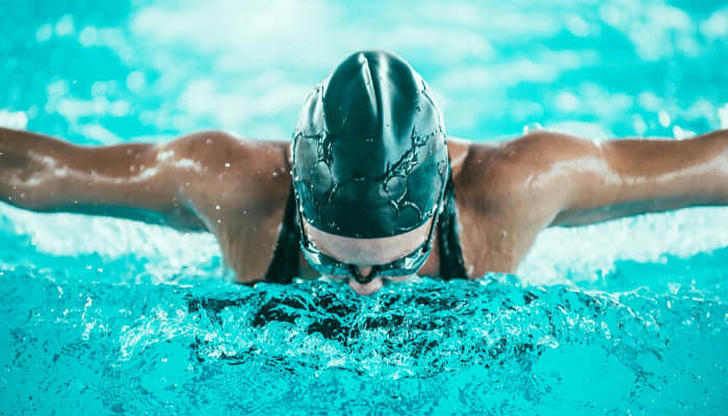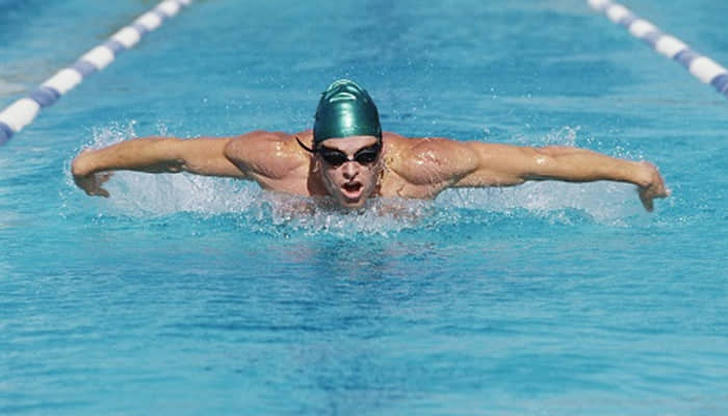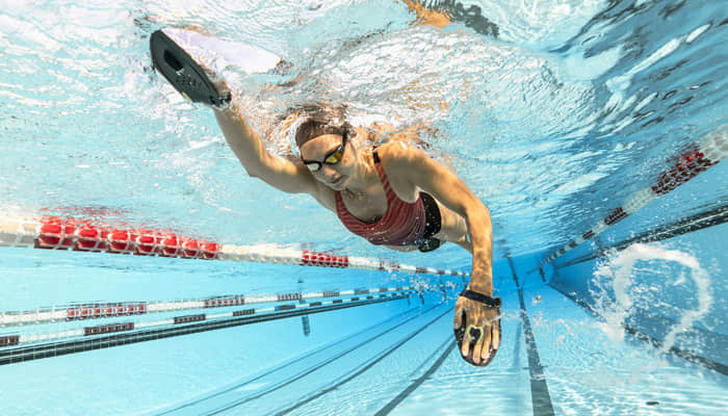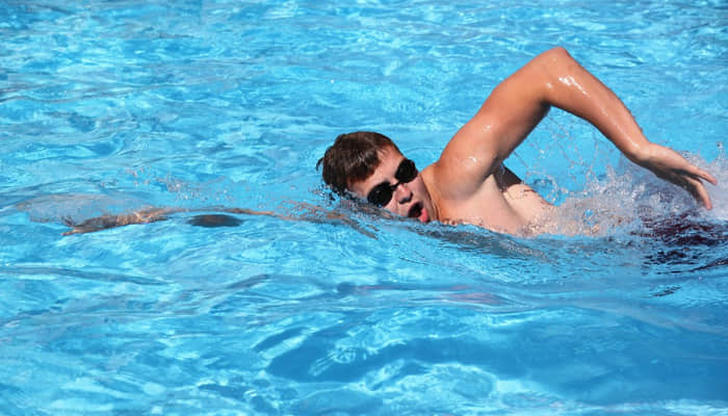The Benefits of Swimming for Weight Loss

You may think that swimming is a low-impact exercise that involves little strain on your body. However, the truth is that swimming can be just as beneficial for weight loss as other high-intensity exercises like running or HIIT. In fact, with the right technique and motivation, you can even exceed your gym water aerobics potential and burn more calories than you might expect. So how does swimming help you lose weight? Let’s take a look…
Burn Fat and Calories

Swimming is one of the best exercises when it comes to burning body fat, especially the stubborn fat around your abdomen. Researchers found that swimmers burn more calories during their workouts than other athletes. This is because the core muscles do a lot of work during the freestyle stroke and the breathing motions can boost your metabolism by as much as 35%. Research shows that a 150-pound person could burn around 500 calories in just 30 minutes of swimming, so it’s easy to see why swimming is such an effective exercise for weight loss.
You might hear that swimming is not a good workout for weight loss, but that’s actually untrue. Swimming is excellent for weight loss because it gets your heart rate up and keeps it up for the duration of your swim. Your heart rate is directly related to the number of calories you burn during your swim, so if you increase your heart rate, you can increase the calories you burn. Swimming is also an amazing full-body workout that works almost every muscle in the body and builds muscle in a way that doesn’t make you look big and bulky like lifting weights does.
Build Muscle and Tone Your Body

One of the best things about swimming is that it builds lean muscle, which is essential for staying healthy and looking good. Exercising in the water can be up to 50% more effective at toning and strengthening your muscles than exercising on land. This is because the water provides resistance and can help you work out harder than you would on dry land. When you have more lean muscle mass, you’ll have better posture, a reduced risk of injury, better circulation, and a more youthful appearance.
It can also boost your metabolism by as much as 15% and help you burn more calories every day, even when you’re not swimming. Plus, exercising in water makes it easier to target specific muscles and avoid overusing your joints and muscles like you might on land.
Other Health Benefits of Swimming

Besides helping you lose weight, swimming is also one of the best exercises for promoting overall health. It can reduce your risk of heart disease, help you sleep better, reduce stress, and improve your mood. Regular swimming can also strengthen your bones and help you avoid developing joint pain associated with aging.
Swimming can also improve your mental health and keep you from experiencing mental health issues like depression and anxiety. This is because the water helps to relax your muscles and reduce the amount of stress hormones in your system, like cortisol. It’s also a great way to relieve stress and relax after a long day at work or school.
How to Lose Weight Through Swimming

If you want lose weight by swimming, you should try to swim as often as possible and aim for at least 45 minutes of swimming every other day. For best results, you should also be mindful of what you eat while swimming. That means avoiding junk food, which often contains plenty of added sugars and bad fats that can slow down your weight loss journey. Instead, focus on eating healthy and nutritious meals as often as possible. This will help you stay healthy and motivated throughout your weight loss journey.
Tips for Better Results While Swimming for Weight Loss

Stay hydrated: Make sure you’re staying hydrated by drinking plenty of water before, during, and after your swims. This will help you avoid cramps and protect your muscles from damage.
Try different strokes: Swimming is a great full-body workout, but it’s also important to mix things up so your muscles don’t get too used to your routine.
Focus on your breathing: When you’re swimming, it’s common to hold your breath or breathe too quickly. But you don’t want to do either of these things. Focus on controlling your breathing to help you relax and swim better.
Wear proper swimwear: It may seem like a small detail, but swimsuits can actually make a big difference. Wearing the right swimwear can reduce drag and help you swim faster and more efficiently.

